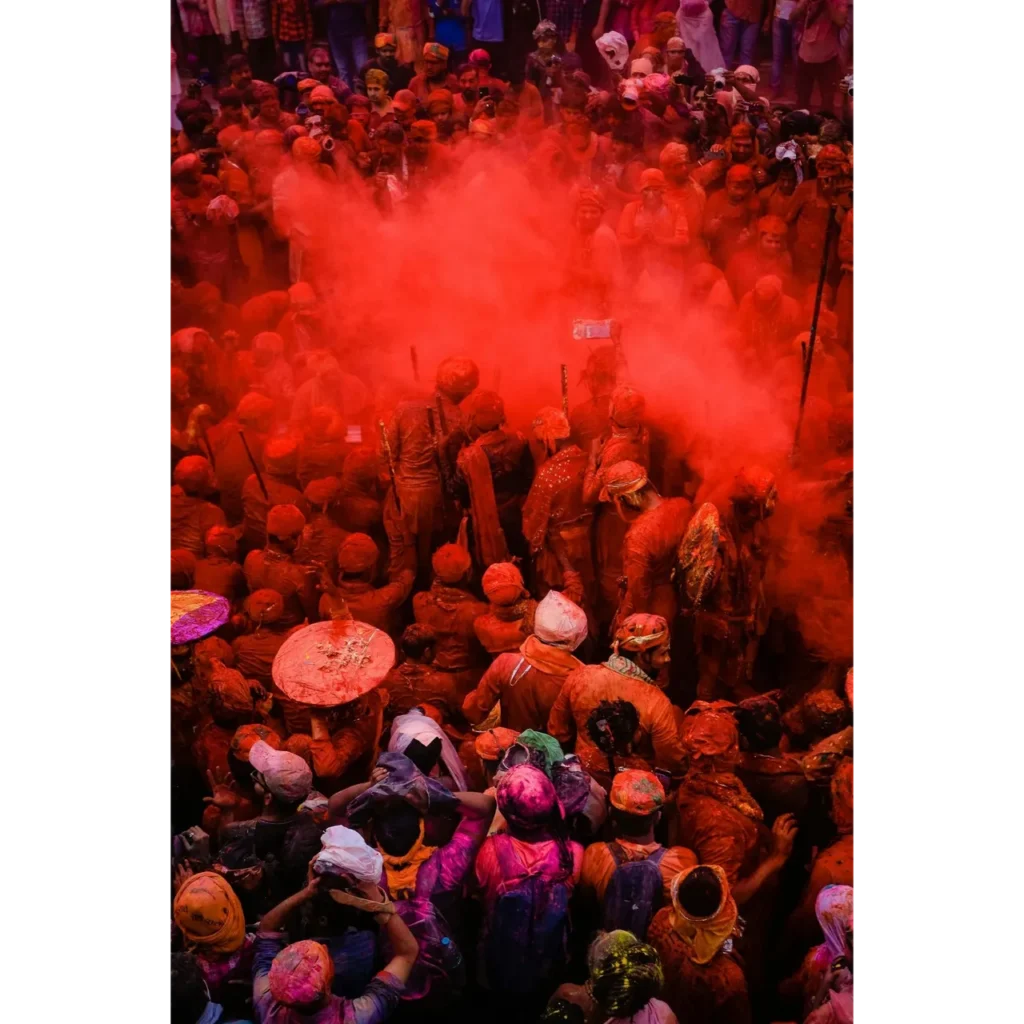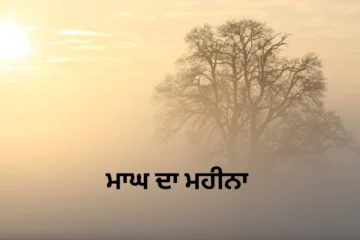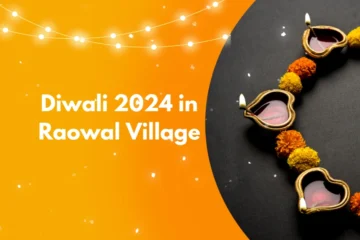Experience the vibrant celebration of Holi, a colourful festival marking the arrival of spring and the triumph of good over evil. Join in the joyous revelry, drenched in hues of love, laughter, and togetherness. Discover the traditions, festivities, and infectious spirit of this ancient Indian festival.

Introduction
Holi, an ancient festival with roots deeply embedded in Hindu mythology and tradition, is celebrated with unparalleled enthusiasm and fervour across India and beyond. This vibrant occasion, known as the Festival of Colors, marks the arrival of spring, heralding a season of renewal, rejuvenation, and joyous revelry.
Significance of Holi
Holi holds deep cultural and religious significance. It signifies the victory of righteousness over evil, as depicted in various mythological stories such as the legend of Prahlad and Hiranyakashipu.
Religious Roots
Holi traces its origins to Hindu mythology, particularly the tale of Lord Vishnu’s incarnation as Narasimha to save his devotee Prahlad from the clutches of his demon father, Hiranyakashipu.
Social Celebration
Beyond its religious roots, Holi has become a social equalizer, breaking down barriers of caste, creed, and status. It is a time for people to come together, mend relationships, and celebrate with abandon.
Evolution of Holi Celebrations
Over the centuries, Holi celebrations have evolved, incorporating various regional customs and traditions. What began as a simple festival of colours has transformed into a multifaceted celebration of community and joy.
Traditions and Customs
Holi is characterized by exuberant traditions and customs, each adding to the festival’s charm and vibrancy.
Colours and Water
Central to Holi celebrations is the playful throwing of coloured powders and water balloons, symbolizing the arrival of spring and the blossoming of love and friendship.
Bonfires
The night before Holi, communities gather to light bonfires, known as “Holika Dahan,” symbolizing the triumph of good over evil and the burning of impurities.
Sweets and Feasting
Holi is also a time for indulgence, with families and friends coming together to enjoy traditional sweets like gujiya and thandai, enhancing the festive spirit.

Symbolism of Holi
Beyond its surface revelry, Holi carries deep symbolism, embodying profound philosophical and spiritual meanings.
Triumph of Good over Evil
The festival symbolizes the victory of virtue over vice, encouraging individuals to embrace righteousness and reject negativity.
Renewal and Rejuvenation
Holi heralds the arrival of spring, a season of renewal and rejuvenation, inviting people to shed their old selves and embrace new beginnings.
Holi Around the World
While rooted in Indian culture, Holi has transcended borders, captivating people from diverse backgrounds worldwide. Today, it is celebrated with enthusiasm in various countries, reflecting its universal appeal.

Impact of Holi on Tourism
Holi has emerged as a significant cultural event, attracting tourists from across the globe. Its vibrant colours, festive atmosphere, and cultural richness contribute to India’s tourism industry, boosting local economies.
Modern Celebrations and Trends
In contemporary times, Holi celebrations have witnessed modern adaptations, including themed parties, music festivals, and social media campaigns, showcasing the festival’s adaptability and relevance in today’s world.
Environmental Concerns
While Holi is a time of joyous revelry, it is essential to consider its environmental impact, particularly concerning water usage and the disposal of synthetic colours. Efforts are underway to promote eco-friendly celebrations and sustainable practices.
Holi Safety Tips
To ensure a safe and enjoyable Holi experience, it is crucial to observe certain safety precautions, such as protecting the eyes and skin from colour chemicals, staying hydrated, and respecting personal boundaries during celebrations.

How to Choose Safe Holi Colors
Choosing natural and organic colours derived from plant sources ensures a safe and eco-friendly Holi experience, minimizing harm to both individuals and the environment.
Conclusion
Holi, with its kaleidoscope of colours and rich cultural heritage, stands as a testament to the spirit of unity, joy, and renewal. As we celebrate this festival of love and laughter, let us embrace its profound meanings and cherish the bonds of friendship and community it fosters.
FAQs: Holi Festival
1. Is Holi only celebrated by Hindus?
Holi has Hindu roots but is celebrated by people of various religious and cultural backgrounds, both in India and around the world.
2. How long does Holi typically last?
Holi festivities typically span over two days, with the main day of celebration known as “Rangwali Holi.”
3. Are there any traditional Holi dishes?
Yes, traditional Holi dishes include sweets like gujiya, mathri, and drinks like thandai, enhancing the festive spirit.
4. What are some safety precautions to take during Holi?
It is essential to protect the eyes and skin from colour chemicals, stay hydrated, and opt for natural colours to ensure a safe Holi celebration.
5. How can I participate in Holi celebrations if I’m not in India?
Many cities around the world host Holi events, including cultural festivals, music concerts, and community gatherings. Check local listings for events near you.


